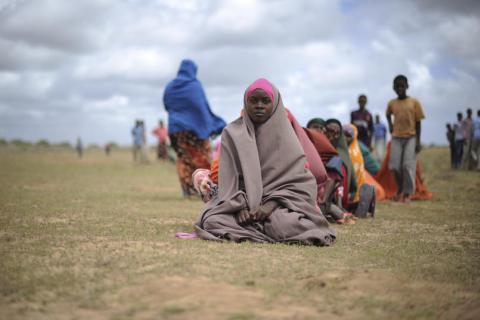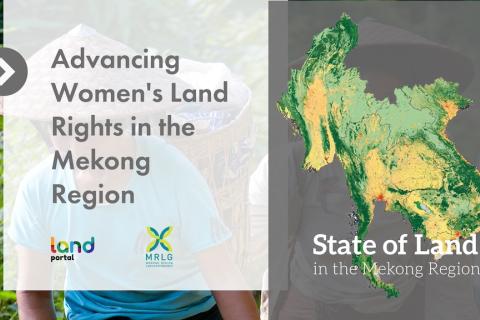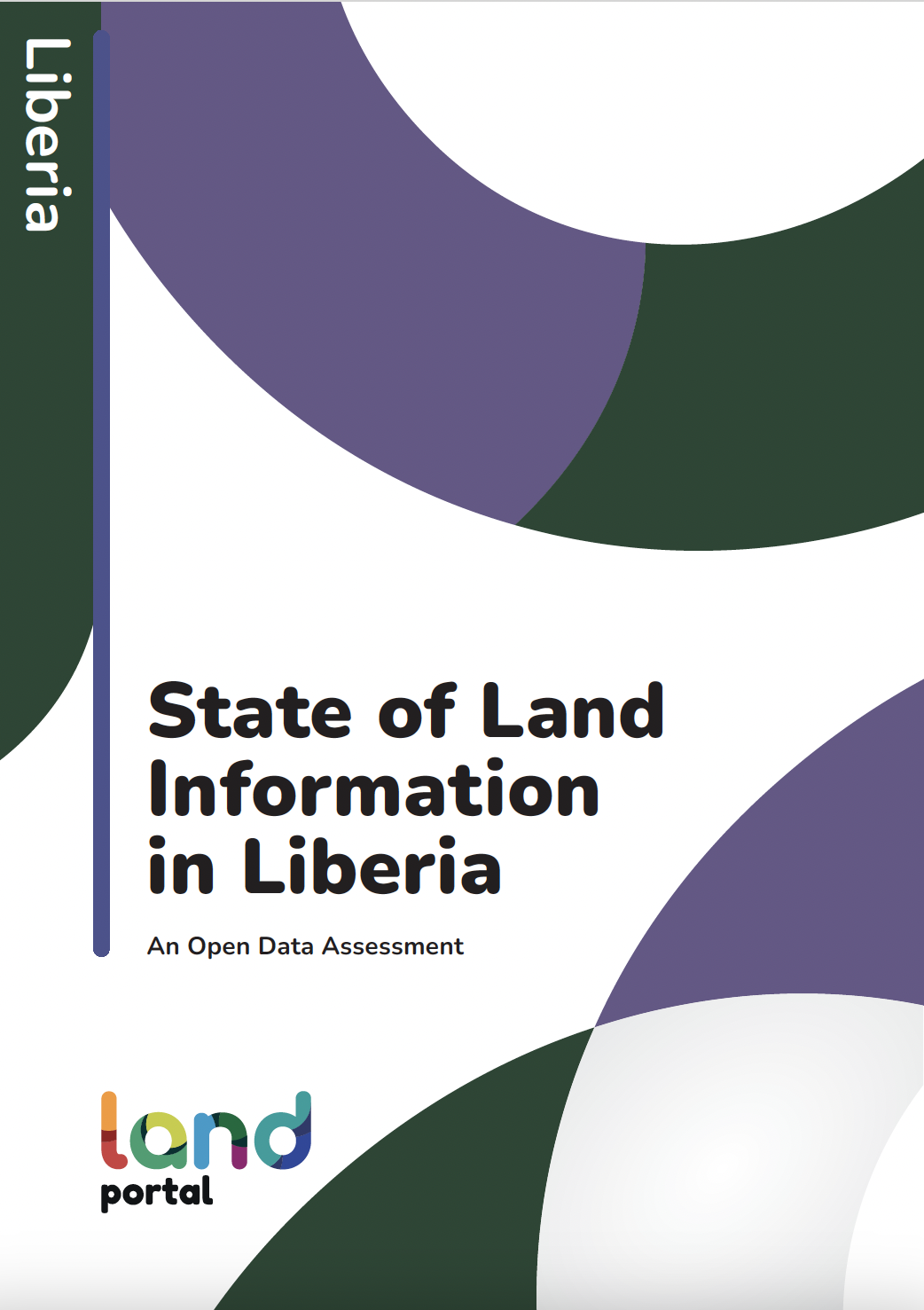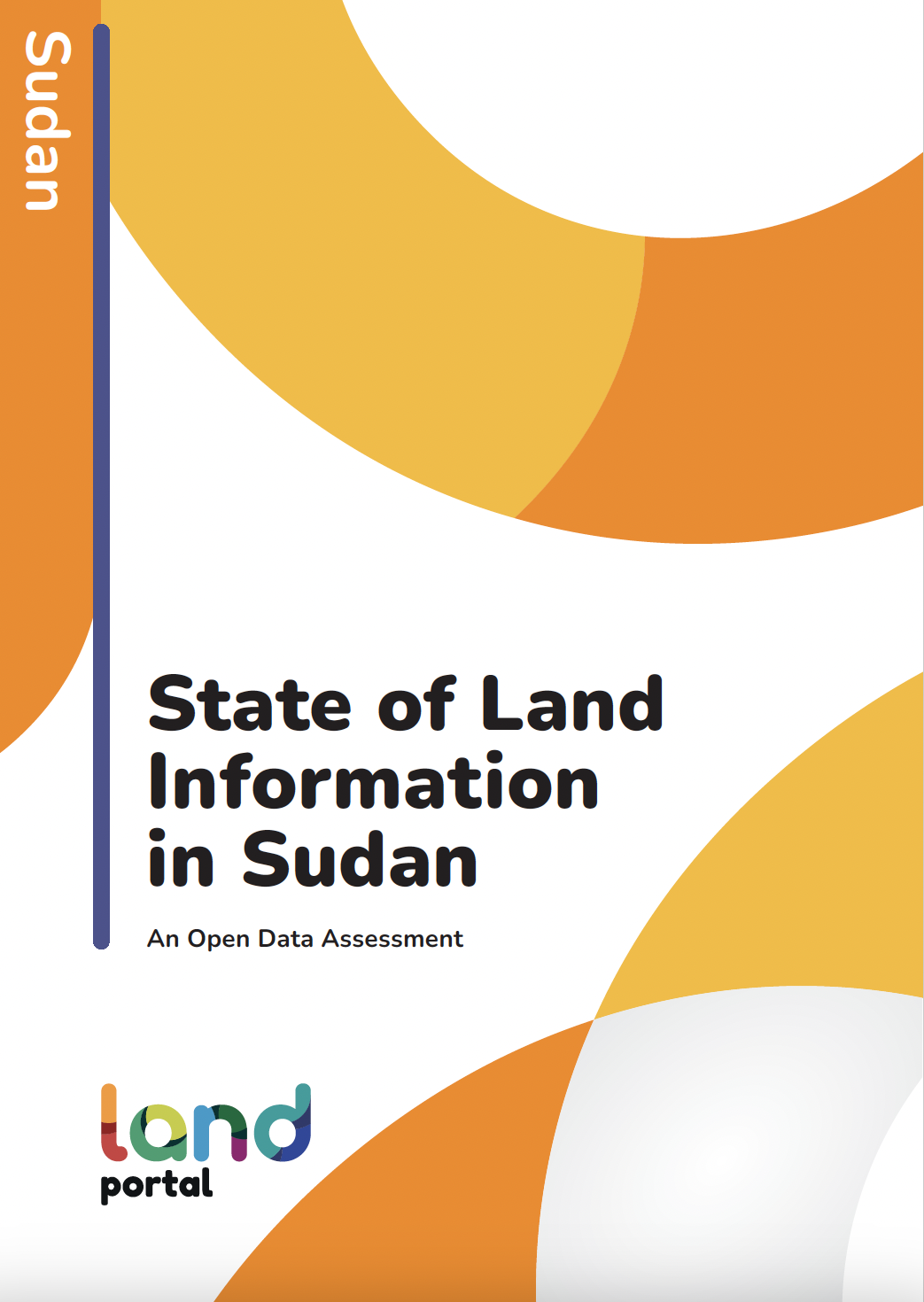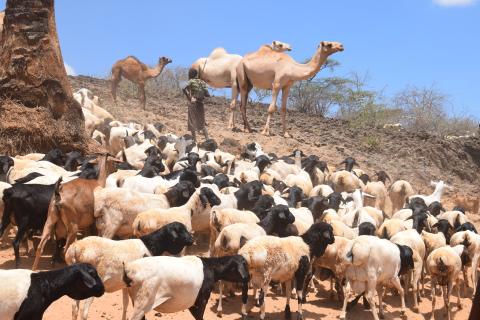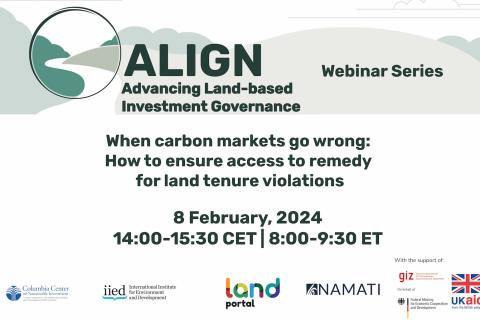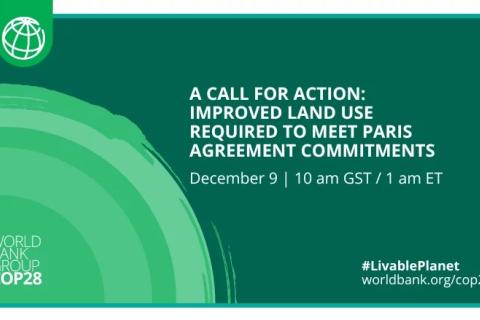
Topics and Regions
Neil Sorensen joined the Land Portal as its Communications Specialist in October 2015. He has extensive experience leading communications for international organizations and developing relationships with civil society, donors, intergovernmental agencies, the media and the private sector. Previously, Neil worked for the International Fund for Agriculture Development (IFAD) as a Governing Bodies Officer and Strategic Adviser to the Secretary of IFAD. He has also led communications for three international organizations, including the International Land Coalition, the International Federation of Agricultural Producers (IFAP) and the International Federation of Organic Agriculture Movements (IFOAM). He holds a Master’s degree in Global Diplomacy from the University of London School of Oriental and African Studies (SOAS) as well as a Bachelor’s degree with a double major in German and Sociology from St. Cloud State University.
Details
Location
Contributions
Displaying 111 - 120 of 1156Land governance and the politics of fair transitions: Deepening the search for social justice
Building on the successful collaboration in last year’s Annual Conference, the IoS Fair Transitions Platform (UU) and LANDac are pleased to launch this Call for a second joint Conference, which will have a somewhat different set-up from what you are used to and end with a Summit. We welcome your suggestions for panel sessions and round tables for the first two days. Building on your input, we will conclude on the last day with an experiment of democracy – a more-than human Summit. There will be limited hybrid options for participation in the Conference and the Summit.
Call for applications: Africa consultancy roster
Women’s Participation in Land Governance in the Mekong: Moving Beyond Quotas to Meaningful Inputs and Influence
Join us in a webinar that will shine light on two groundbreaking reports concerning gender and land governance in the Mekong region. The reports, "Outlook on Gender and Land in the Mekong Region" and "Towards Gender-Equitable Land Policy and Law Making in the Mekong Region," were produced in Phase II of the Mekong Region Land Governance (MRLG) program. This is the first webinar in the series ‘State of Land in the Mekong region.’ This series highlights the evolving environment of land governance in this dynamic region.
State of Land Information in Liberia
Land rights are fundamental sources of tension in Liberia, so transparency about land information is both essential and highly politicized. The Truth and Reconciliation Commission and other scholars have documented land conflict as one of the major causes of the 14 year civil conflict (1989-2003) in Liberia, rooted in the country’s formation in the 19th Century as a land divided by indigenous peoples and freed slaves settling from the United States.
State of Land Information in Sudan
After 30 years of an authoritarian regime, Sudan reached a power-sharing deal between the military and the civilians that brought a transitional government to power in 2019. Their agenda was to lead the country towards a democratic transformation for no more than three years. This period of relative stability provided the space for democratic reform and increased transparency in Sudan, reversed by the return of political instability in 2022.
Lessons from Africa Climate Summit: We need to listen more to pastoralists and farmers
When carbon markets go wrong: How to ensure access to remedy for land tenure violations
This webinar will explore what access to remedy might look like for communities in the global carbon market system, with a focus on issues of land and resources tenure. Hearing from communities impacted by carbon markets and experts in grievance mechanism design, the webinar will highlight the key features necessary for accessible, dependable, and credible grievance mechanisms. The discussion will offer critical input to the proposed grievance mechanism for markets established under Article 6.4 of the UNFCCC Paris Agreement.
Securing Indigenous Peoples’ Right to Self-determination:
“Free, Prior and Informed Consent (FPIC) is the first line of defense when investors and government officials seek to develop projects that may affect Indigenous communities, lands, territories, and resources. For this reason, Indigenous Peoples must be prepared to engage with FPIC from a fully informed, proactive stance. Indigenous Peoples must have their FPIC protocols ready, and be ready to lead engagement around FPIC on their terms.” –Securing Indigenous Peoples' Right to Self-Determination: A Guide on Free, Prior and Informed Consent
Cultural Survival
A Call For Action: Improved Land Use Required to Meet Paris Agreement Commitments
This session brings together a range of actors to discuss ways to improve land use and set in motion a renewed agenda on the critical role that land tenure security and land access play in climate action.


